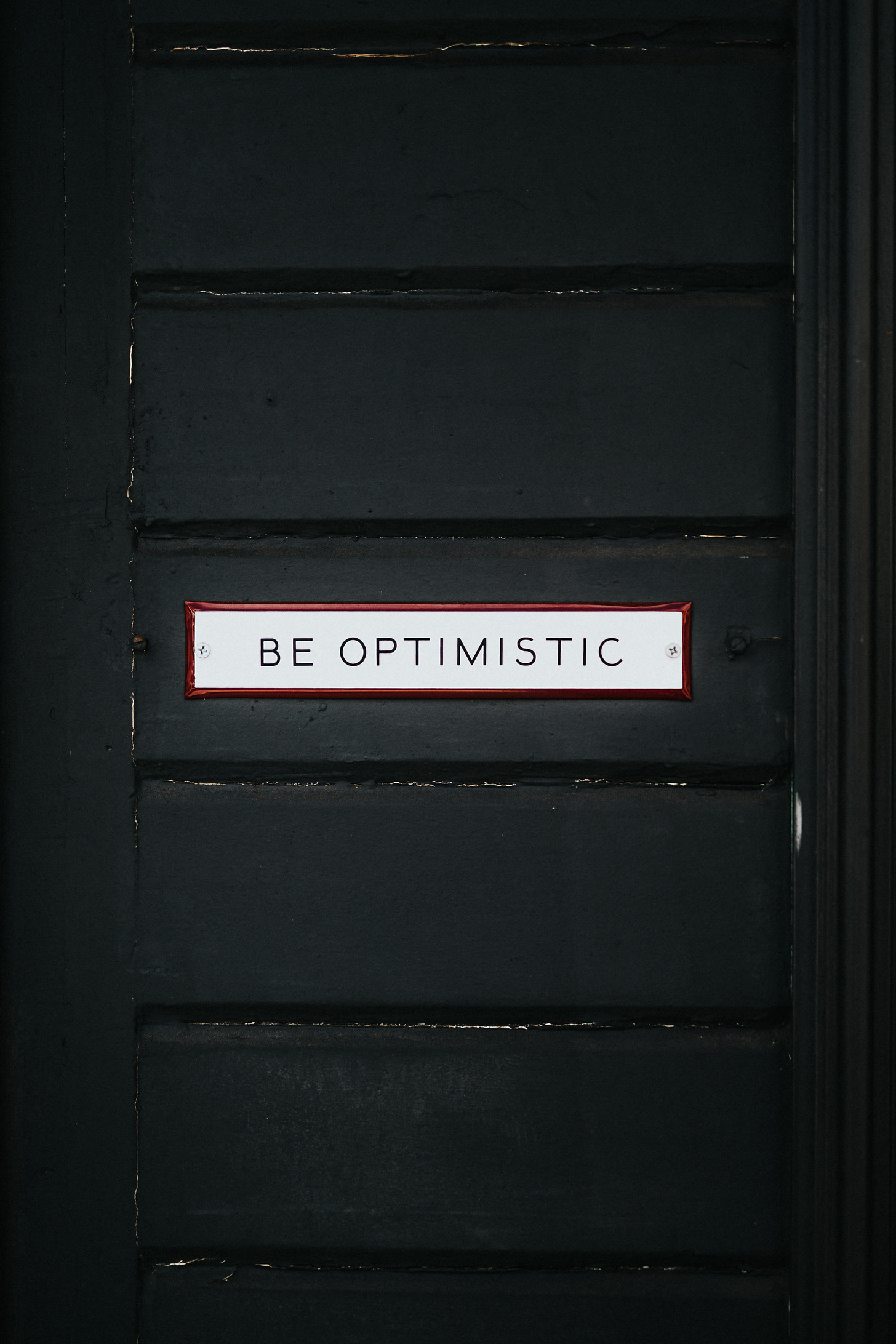The Future of Work After COVID-19
Three things I’ve learned about career planning from the 2008 financial crisis that can help us navigate the current recession
In 2020, a black swan crashed the global economy — Coronavirus. Just as the outbreak in China appeared to be easing, the number of infections has surged in Europe and the United States. Millions of Americans and Europeans have been forced to work from home.
Government officials and academics have revised expectations and warned that unemployment would rise to 7.4 percent by the end of 2020. The U.S. Secretary of the Treasury committed to doing everything in his power to prevent the unemployment rate from rising to 20 percent.
All this is reminiscent of the global financial crisis that happened a decade ago. The crisis started in 2007 as the subprime mortgage market in the United States depreciated. Hundreds of thousands of Americans lost their jobs every month, with the unemployment rate eventually climbing to 10.2%, the highest point in 26 years.
Unemployment has also risen in Spain, the U.K. and many more countries in Asia. Against the backdrop, some of the new graduates of the time chose to continue their studies, to pursue an advanced program, to study abroad or exchange students, while some struggled to find jobs.
What can we learn from past experiences to help us navigate the recession around the corner? And what’s different this time?



